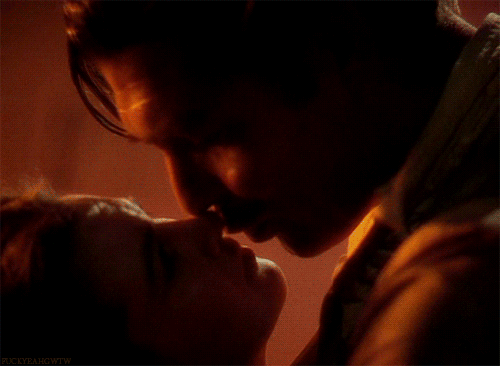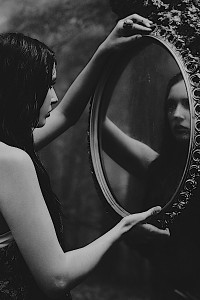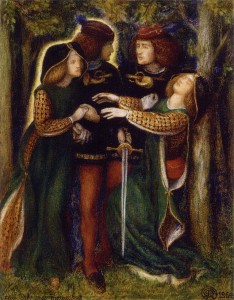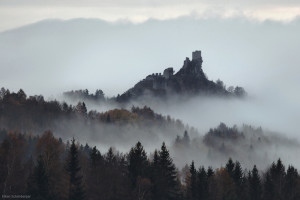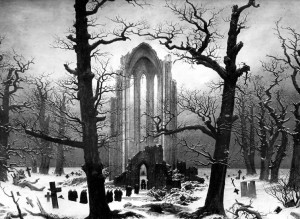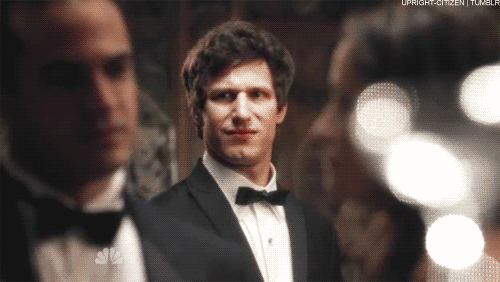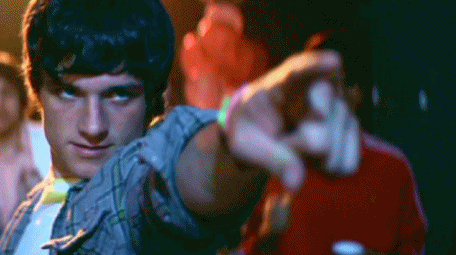
This post originally appeared at Spellbound Scribes.
Writing science fiction and fantasy is fun, and in my opinion, world-building is the bestest most funnest part. Whether you’re writing urban, historical, or alt-world fantasy, or a science fiction set in a galaxy far far away, world-building is a crucial part of the story-telling process. The world (or universe!) you create must be complex and multi-layered; it must be a place your characters operate in and interact with; and it must set the stage for your plot. It’s no easy task, and there are countless pitfalls at every stage of the process of creating a world.
Read to jump in? Here are my top cliches and tropes to avoid, listed in no particular order.
Basing your other world TOO much on Earth
This is one of the biggest and easiest traps to fall into. Earth’s history and many cultures are far-reaching and complex, and it can be tempting to borrow elements whole-sale without bothering to do much work creatively. Think of how many famous fantasy worlds resemble Medieval-era Earth completely, right on down to the rampant sexism and casual racism (*cough* Westeros *cough*). There’s nothing wrong with using our world’s history and cultures to inspire your made-up world, but make sure it doesn’t become a lazy short-cut. If there’s sexism or lack of diversity in your world, you need a better reason than “that’s how things were back then.” You’re writing fantasy, not historical fiction. Get creative!

 Inspired by the super cool
Inspired by the super cool 
